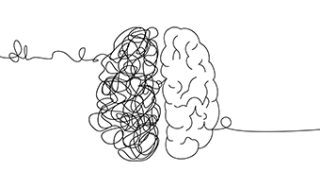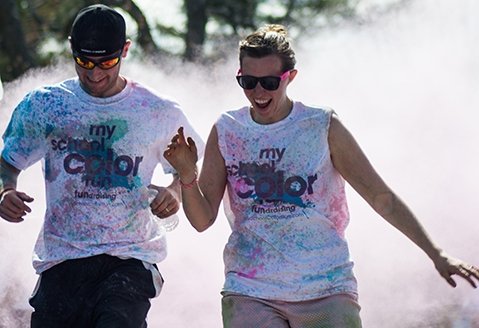
Resources for students
The Counseling Center offers free, confidential support to help you succeed — personally and academically. Explore our services, meet our counselors or schedule an appointment today. You're not alone.
To make an appointment, call 518-743-2278, visit the Counseling Center in Washington Hall or
Self-care tools

Assess your mental health
BOOST is a self-guided, interactive mental health and wellness app that uses Cognitive Behavioral Therapy (CBT)-based tools to help students assess and manage their behavioral health through personalized recommendations and activities on their own devices. Use your SUNY Adirondack login to create a free account!

Evaluate your substance use
eCheck-up To Go is an online, self-assessment that focuses on evaluating and providing personalized feedback on an individual's alcohol and cannabis use patterns. The assessment is private and confidential and takes about 20 minutes to complete. You will receive customized insights about your habits without requiring a face-to-face consultation with a counselor. Set up an account using your SUNY Adirondack network login.

Start a conversation
We know it can be difficult to talk about mental health, but at Seize The Awkward, you can learn how to start a conversation.
Worried about a friend?
Supporting friends can be a lot, we know. But don't worry: We have helpful information on how to approach what might be an awkward situation.

Crisis information
The Counseling Division is NOT a crisis response service, nor is it equipped to provide emergency care.
If you or someone you know is experiencing a medical or mental health emergency, please visit the nearest emergency room, or call:
- 911 for Local Police and emergency services
- 518-796-1344 for SUNY Adirondack Campus Security
- 518-292-5499 for Mobile Crisis
- Call or text 988 for Suicide Prevention & Crisis Lifeline
- 1‐888‐628‐9454 para Nacional de Prevención del Suicidio
- 1‐800‐ 799‐SAFE (7233) for National Domestic Violence Hotline
- 1-877-565-8860 for National Trans Lifeline
- For LGTBQIA2S+ students in crisis: 1-866-488-7386
- Students of color: Text "STEVE" to 74174